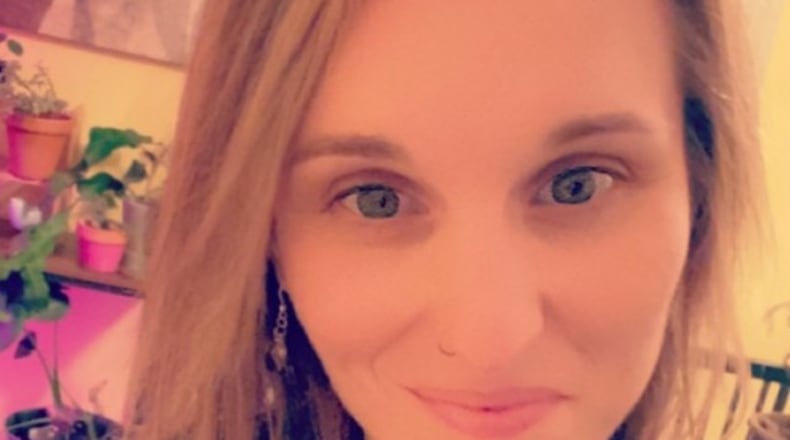Myth 1: Addiction Is a choice
Many people think addiction is a moral failure, but this couldn’t be further from the truth. According to the National Institute of Health, and the Substance Abuse and Mental Health Services Administration, what we call addiction is actually a disease whose medical diagnosis is substance use disorder (SUD).
Many factors contribute to SUD, including brain chemistry, mental illness, and past trauma. While SUD bears many similarities to other chronic diseases, there’s one key difference: Today, nearly everyone in the United States who is diagnosed with a chronic disease gets medical treatment. This is true for only 10% of people with substance use disorder.
Myth 2: Tough love works
Another common myth is that punishment and shame can “force” people to recover. This doesn’t work. In fact, the National Institute of Health reports that harsh treatment makes people with addiction more likely to avoid treatment—or even increase drug use. On the other hand, research also shows that compassion, patience, and respect make addiction treatment more effective.
This empathy-centered approach is helping people reach recovery at local outpatient treatment centers across the Miami Valley. Some programs recognize that addiction is a complicated disease requiring comprehensive treatment. This can include medication, therapy, and access to social services. But it also includes treating patients with dignity and humanity.
Myth 3: No insurance, no treatment
Some people with SUD avoid treatment because they think they can’t afford it. Thankfully, some providers on the front lines of the addiction epidemic don’t let finances stop people from getting treatment. Although some take only private or commercial insurance, others accept Medicaid, Medicare, military insurance, and other forms of insurance. They even help people get coverage. Most people who have heart disease don’t have to figure out how to pay for medical care. This should also be true for people who have substance use disorder.
The addiction epidemic isn’t going away anytime soon. How can all of us help create safer, healthier communities. Addiction treatment professionals recommend getting trained to use Narcan and taking it with you every time you leave home. Addiction can be deadly, but you can prevent a fatal overdose in minutes.
You can also find addiction-related volunteer opportunities in your areas, such as resource fairs, educational programs, and food pantries.
Offering empathy and support may be the most important way you can help people who struggle with addiction. Substance use disorder is an incredibly misunderstood disease. Educating yourself and others will help decrease the stigma around SUD, and create a safer environment for people with addiction to heal.
Kierstyn Crawford lives in the Dayton area and is a Regional Clinical Director for BrightView, an outpatient addiction treatment provider with 59 centers in Ohio, Kentucky, Virginia, North Carolina and Delaware.
About the Author
